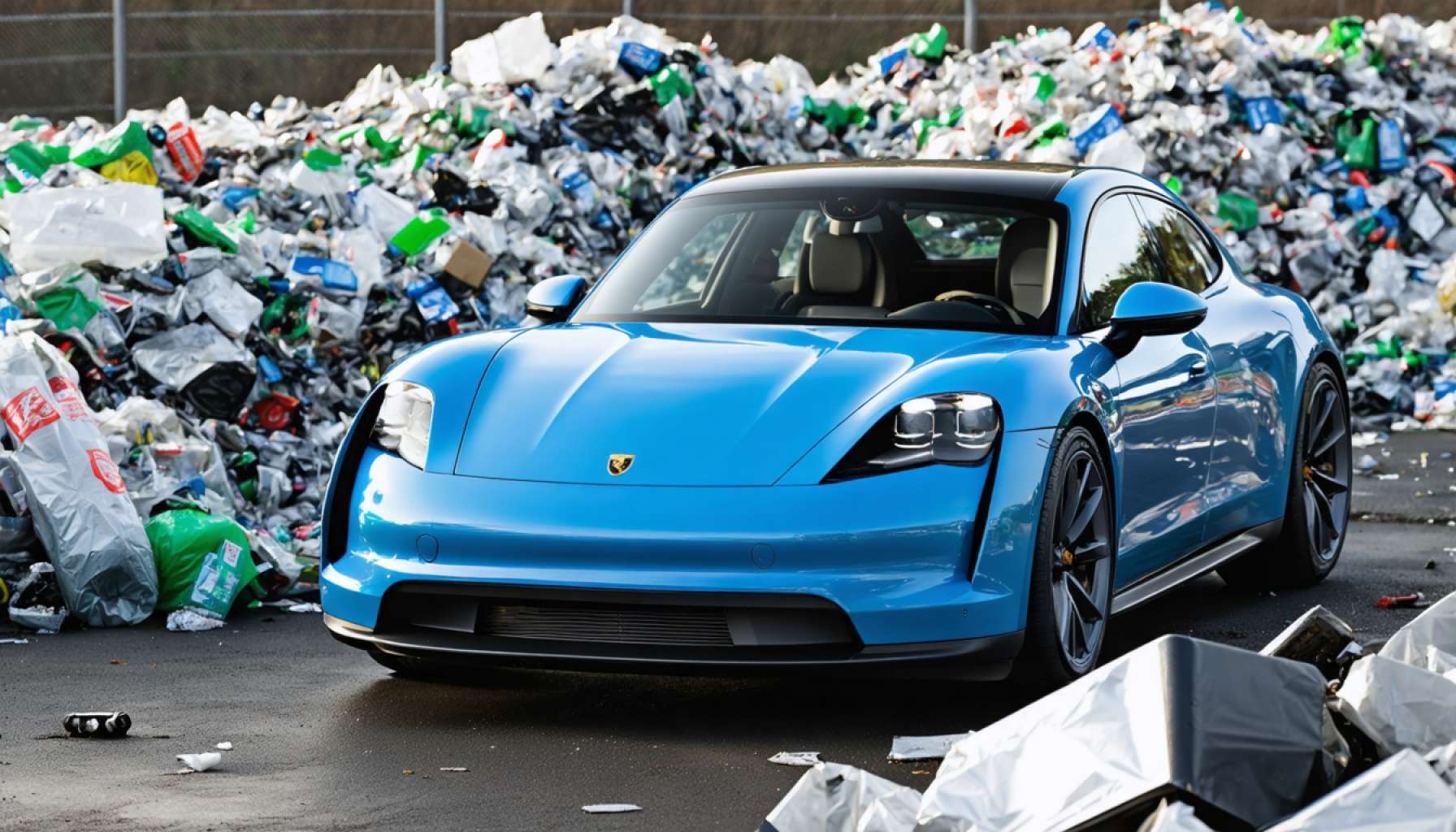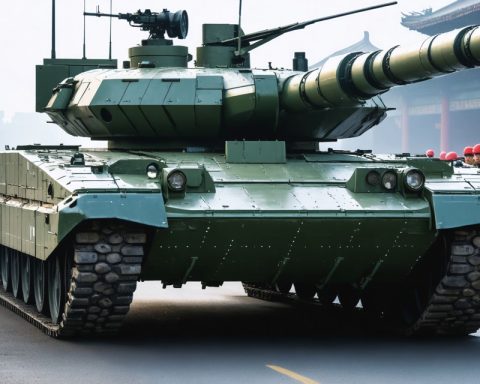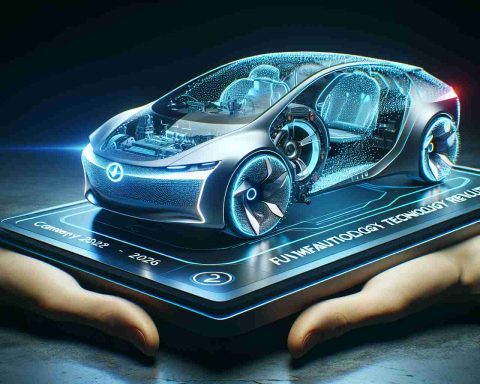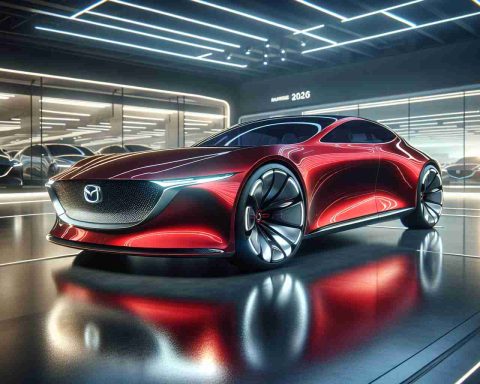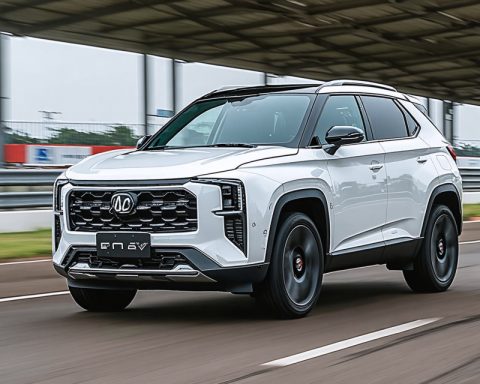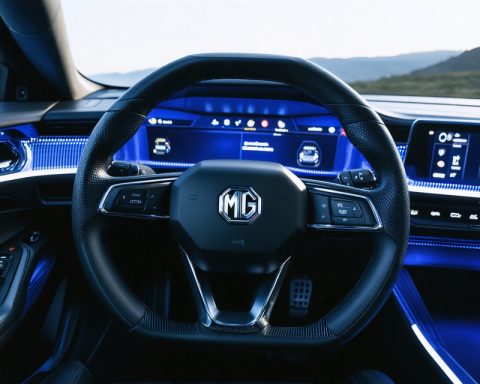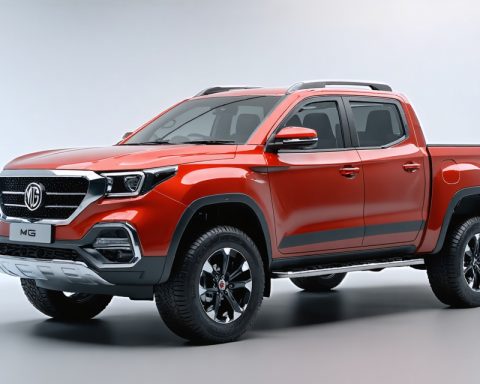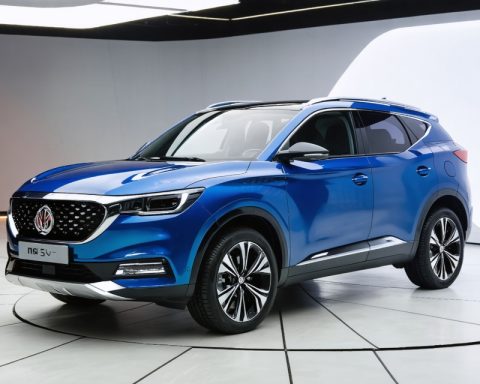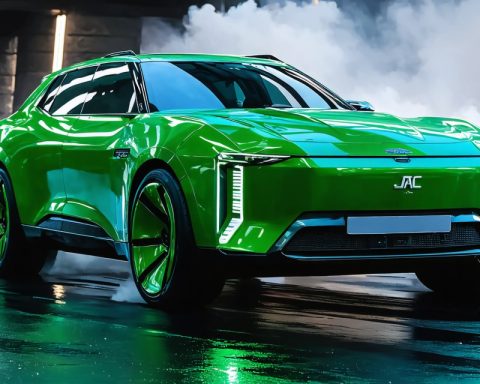- Porsche leads the charge in electric vehicle innovation by implementing a recycling strategy for high-voltage EV batteries.
- The project focuses on reclaiming vital raw materials, such as nickel, cobalt, manganese, and lithium, using a circular supply model.
- Through mechanical shredding, Porsche has produced 65 tonnes of “black mass” granulate, setting the stage for material recovery.
- Refinement processes meticulously separate high-purity elements, ensuring reclaimed materials meet Porsche’s stringent standards.
- The recycled content is poised for incorporation into new battery cells, aligning with Porsche’s sustainability goals.
- With new EU battery regulations on the horizon, Porsche exemplifies leadership in responsible resource management.
- This initiative highlights the convergence of luxury and sustainability, demonstrating Porsche’s commitment to a greener automotive future.
Porsche is not merely keeping pace with the accelerating world of electric vehicles—it’s rewriting the script. The luxury automaker has embarked on an ambitious journey to transform what was once destined for scrap heaps into the golden ticket for future innovations. At the heart of this endeavor lies a groundbreaking pilot project aimed at recycling high-voltage electric vehicle (EV) batteries, recovering precious raw materials like nickel, cobalt, manganese, and lithium through an ingenious, circular supply model.
Visualize the worn-out batteries of development vehicles, once the unsung heroes of the road, being fed into a mechanical shredder. This complex choreography results in the formation of “black mass,” an all-important granulate brimming with potential. Porsche has already transformed around 65 tonnes of this granulate—a testament to their resolve and innovative techniques.
The next chapter of this saga unfolds with further refinement of the “black mass,” where high-purity elements are meticulously separated. Porsche doesn’t just talk about performance; it lives and breathes it, ensuring these reclaimed materials meet its rigorous benchmarks for consistency and cleanliness. This step is crucial as it lays the foundation for the pure, powerful heartbeats of new EV batteries.
In the project’s final act, Porsche plans to incorporate a significant portion of this recycled content into the battery cells of future models, ready to storm the roads for real-world testing. Every step in this journey not only showcases Porsche’s relentless pursuit of excellence but also underscores its commitment to sustainability. As Barbara Frenkel, Executive Board Member for Procurement at Porsche, illuminates, the initiative is a testament to their dedication to the circular economy, a cornerstone of Porsche’s far-reaching sustainability strategy.
This pioneering step by Porsche is a proactive embrace of the inevitable. With 2031 heralding new EU battery regulations mandating higher levels of recycled content and traceability, Porsche’s early initiative positions it as a vanguard of responsible resource management. In a world where geopolitical factors often threaten the supply of raw materials, Porsche has not just secured its supply chain. It has exhibited foresight and leadership.
Porsche’s strategy offers a glimpse into the future of automotive production—one where luxury and responsibility coexist. This ambitious project is not just about recycling; it’s a testament to resilience, innovation, and the power of vision. Through such initiatives, Porsche keeps its promise to reduce environmental impacts and secure a more sustainable future for the industry. The road ahead is not just one of electric speed but of conscientious innovation, and Porsche is driving at the forefront.
Porsche’s Revolutionary Approach to EV Battery Recycling: How It’s Changing the Automotive Industry
Unpacking Porsche’s EV Battery Recycling Initiative
Porsche is accelerating into the future not just by creating fast cars but by redefining the sustainability narrative within the automotive sector. Their ambitious journey in electric vehicle battery recycling is set to change the industry’s landscape. Here’s a closer look at the facts, insights, and potential impact of Porsche’s groundbreaking project.
Key Facts and Insights
1. The Circular Economy and Sustainability: Porsche’s focus on the circular economy represents more than just a trend; it’s a commitment to drastically reducing environmental impacts. By recovering precious materials like nickel, cobalt, manganese, and lithium, Porsche dramatically decreases the need for new resource extraction, thus minimizing mining-related environmental degradation.
2. Innovative Use of “Black Mass”: The creation of “black mass” from shredded batteries is a critical innovation. This granulate contains valuable materials that, once refined, can meet the stringent purity requirements necessary for new battery production.
3. Meet Future EU Regulations: Porsche’s proactive approach aligns with impending EU battery regulations set for 2031, highlighting the automaker’s foresight in ensuring compliance and leadership in sustainable technology.
4. Supply Chain Security: By recycling materials, Porsche not only addresses sustainability but also mitigates supply chain risks linked with the geopolitical instability of raw material sourcing.
How-To Steps for Sustainable EV Battery Recycling
– Collect: Gather expired electric vehicle batteries.
– Shred: Mechanically process the batteries to transform them into black mass.
– Refine: Use advanced techniques to separate and purify high-value materials.
– Reintegrate: Incorporate these materials into new battery production, ensuring sustainability.
Market Forecast & Industry Trends
– Growing EV Market: According to Statista, the global electric vehicle market is projected to reach about $803 billion by 2027, with recycling initiatives becoming crucial for sustainable growth.
– Investment in Green Technologies: Companies like Porsche that invest in green innovations are likely to see competitive advantages as consumers increasingly favor environmentally responsible brands.
Pros & Cons of Battery Recycling
Pros:
– Reduces environmental impact
– Ensures material sustainability
– Mitigates geopolitical risks in material sourcing
Cons:
– High initial cost of setting up recycling facilities
– Technological challenges in refining black mass
Actionable Recommendations
– Adopt Circular Principles: If you’re in the auto industry, consider adopting circular economy principles to boost sustainability.
– Invest in R&D: Companies should emphasize research to improve efficiency and cost-effectiveness in recycling technologies.
Final Thoughts
Porsche is steering the automotive industry towards a sustainable future, showcasing that luxury can indeed coexist with responsibility. This transformative project emphasizes the automaker’s leadership and commitment to a greener world. As Porsche continues to refine its recycling processes, it sets a benchmark for others in the automotive landscape.
For more insights on automotive innovations and sustainability, visit Porsche.
